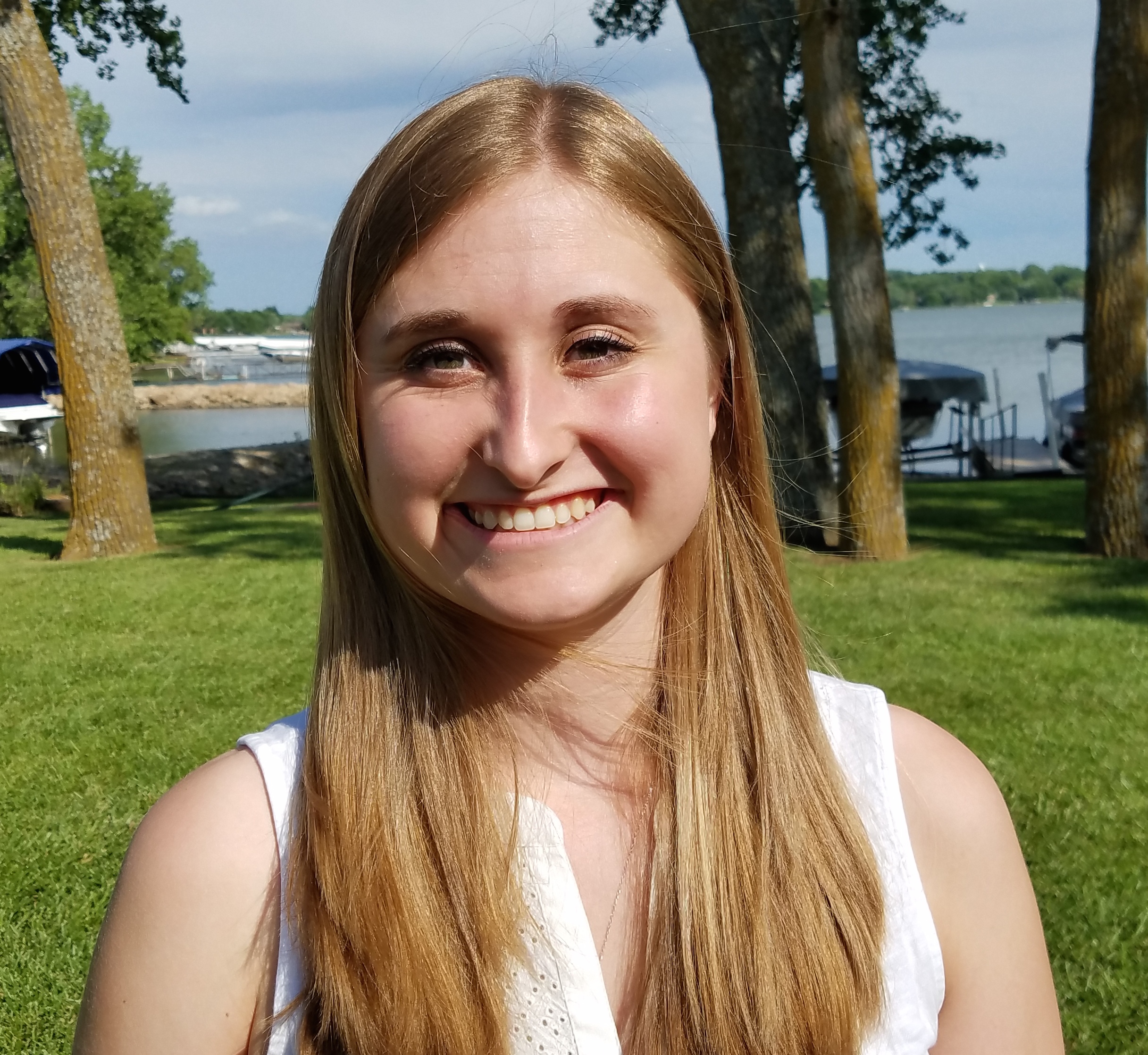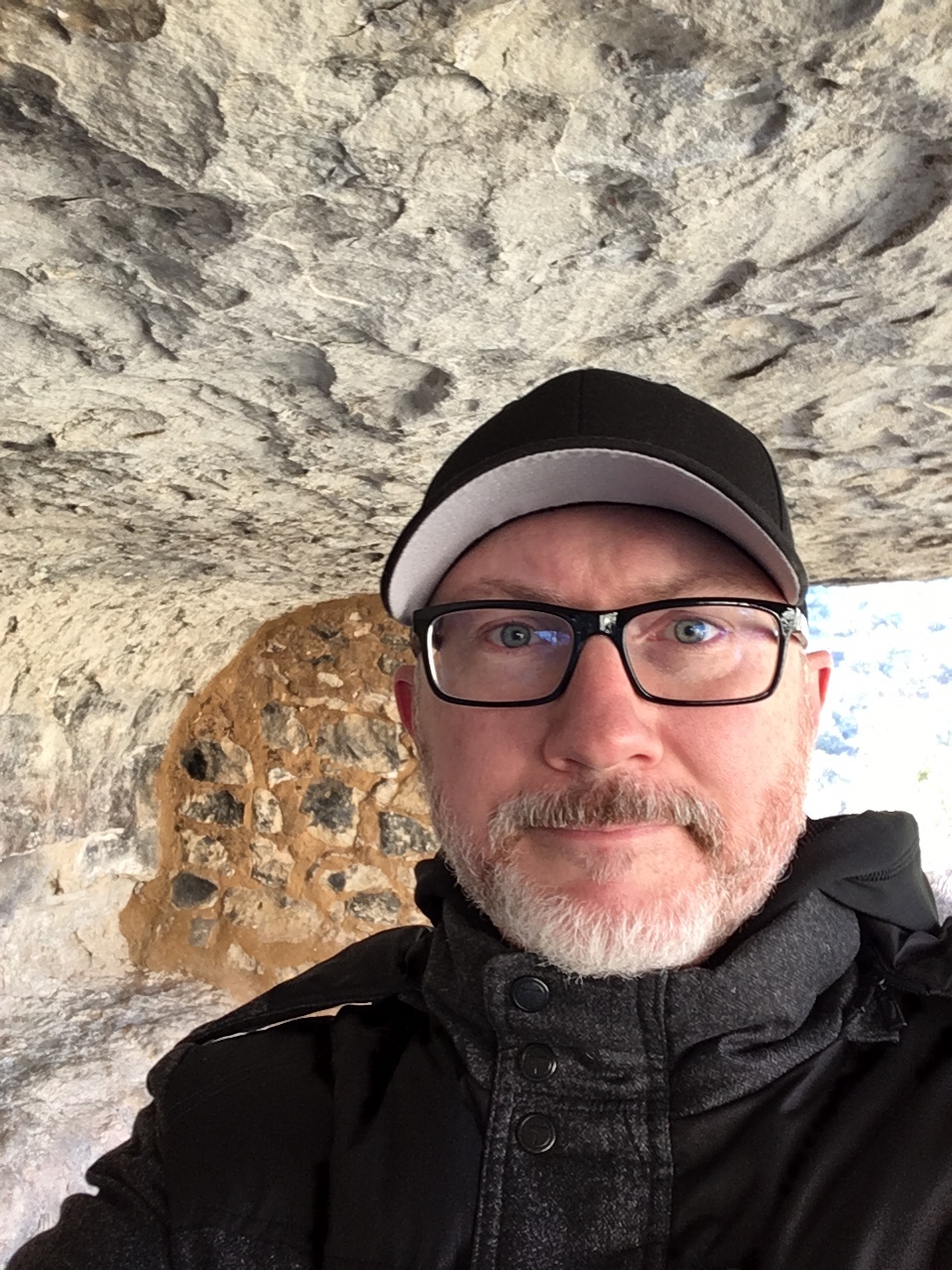3 ASU graduate students get chance at $10K for creating infant development kits
Two projects from the T. Denny Sanford School of Social and Family Dynamics selected as finalists for Halle Foundation prize
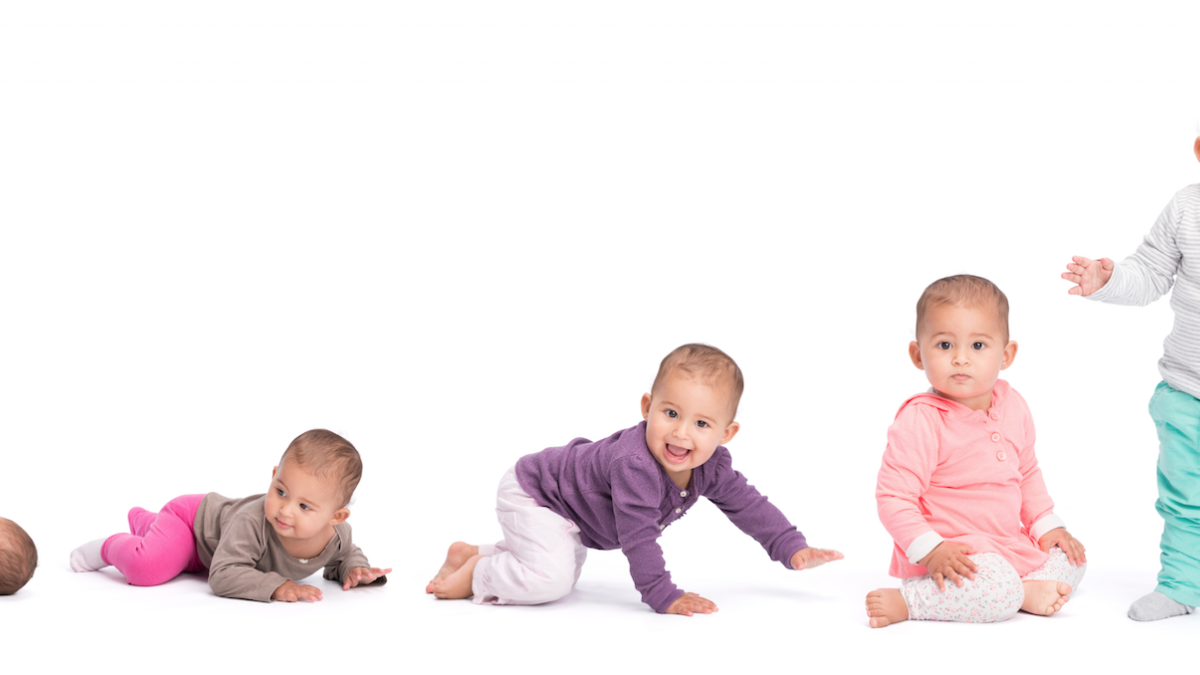
Photo from iStockphoto.com
Three graduate students from Arizona State University’s T. Denny Sanford School of Social and Family Dynamics have been selected as finalists for the Infant Development Prize from the Diane & Bruce Halle Foundation for their projects that will aid in the development of young children.
The three students represent two sets of finalists: A team consisting of family and human development doctoral students Bobbi Bromich and Kenton Woods, as well as marriage and family therapy master’s student Eric Henley, who submitted a solo project.
The Infant Development Prize competition challenged applicants to create a container comprising a set of materials that would “best promote the intellectual and psychosocial advancement, health, and physical progression of children aged 0 to 36 months old,” as decided by a panel of foundation representatives and subject matter experts.
The sets of materials could not cost more than $125 and needed to target a user audience of parents and childcare providers. The incentive for developing an innovative product? The winner of the prize — announced July 28 — will receive $10,000.
The box developed by Bromich and Woods contains resources for the development of children ages 0–3. Together, parents and children can use the items to develop children’s socio-emotional, physical, and intellectual skills to ensure success in a changing world.
Bobbi Bromich, family and human development doctoral student
“We feel very excited and honored to be chosen as finalists,” Bromich said. “It is especially exciting to be able to take the ideas from our proposal and turn them into reality by being able to create a prototype of our infant and toddler development box.”
The team intentionally filled its box with items chosen for their longevity; the items can adapt as children grow and their developmental needs become more complex.
Kenton Woods, family and human development doctoral student
“It's exciting to be finalists, because we can see that our efforts to make impactful change in the community are coming to fruition,” Woods said. “After hours and hours of hard work and dedication, being recognized as finalists for this contest is something our team could have only dreamt of at the start of this process.”
Henley submitted a Toddler and Infant Parent Kit (TIP Kit), which offers new families multiple ways to build, connect and nurture the vital attachments needed for children’s healthy emotional, social, physical, mental and linguistic development.
The kit helps parents monitor their children’s development so that they can detect any potential issues and access necessary resources in a timely manner.
Eric Henley, family therapy master’s student
Henley appreciated the opportunity to use his academic training to create a tangible resource for parents and children.
Henley designed the kit with consideration for diverse socioeconomic strata, and so the kit does not require any electronic or technical means for effective implementation.
“I'm honored to have the opportunity to represent my school and ASU,” he said. “To have my proposal considered a finalist in something that has the potential to impact families in the earliest days of development is exciting.”
“It’s been fun [...] applying creative and innovative ideas to make what we know from research more accessible to the front-line culture changers: the family unit,” Henley said.
More Health and medicine

College of Health Solutions course to explore science behind longevity, well-being
Arizona State University’s College of Health Solutions has responded to the surge in interest in blue zones — those rare…
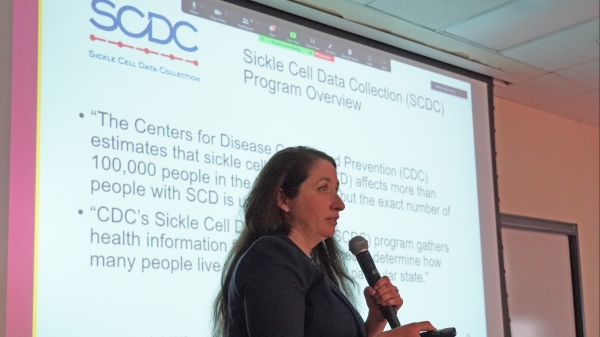
ASU center hosts community gathering to discuss latest health research
Communication and collaboration were front and center as Arizona State University’s Center for Health Information and Research,…
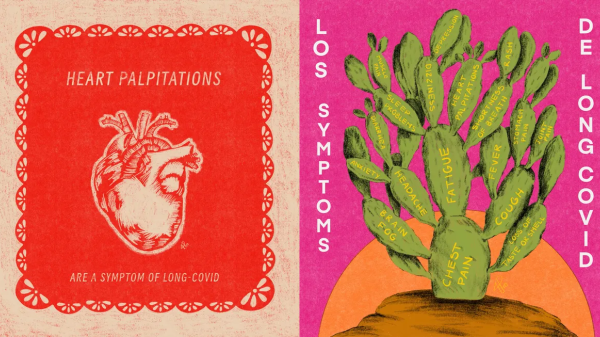
Health communication program brings long COVID awareness to Latinos
After COVID-19 hit the Latino community especially hard, Gilberto Lopez created COVIDLatino, a health communication program…
